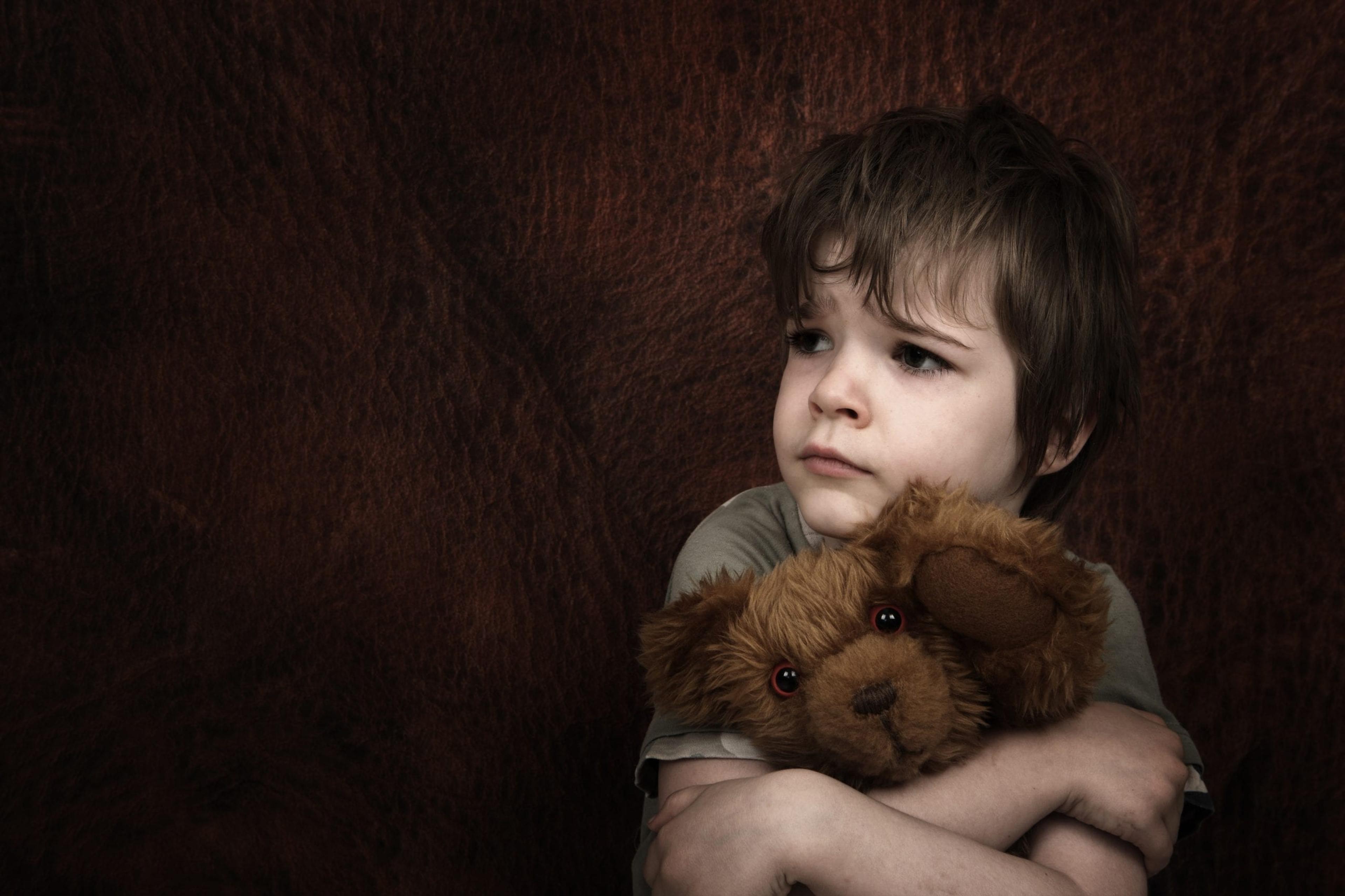When Home Isn’t Safe: COVID-19 Increasing Risk for Domestic Abuse Victims
Julie Bitely
| 5 min read

Experts say current guidelines to stay home and isolate as much as possible due to the COVID-19 pandemic could be making already fraught home lives even more dangerous.
- Calls for help related to domestic violence are on the rise in Michigan
- Experts worry increased stress and anxiety due to COVID-19 pandemic could increase frequency and intensity of violence for abuse victims
- If you need help, reach out to your local domestic violence agency or call the national domestic abuse hotline at 1-800-799-7233; dial 9-1-1 if your life or someone else’s is in immediate danger
Under normal circumstances, domestic violence is fueled by the need of abusers to exert power and control, says Lori Kitchen-Buschel, executive director at First Step, an agency devoted to helping Wayne County victims of domestic and sexual violence. According to the Centers for Disease Control and Prevention, nearly 1 in 5 women and about 1 in 7 men report having experienced severe physical violence from an intimate partner in their lifetime. At least 1 in 7 children have experienced child abuse or neglect, which the CDC says is likely an underestimate. Abuse is an equal-opportunity problem, affecting people of every race, religion, gender, age and socioeconomic status. Why COVID-19 Could Be Increasing Domestic Violence Intensity While the widespread stay-home orders and closure of workplaces, schools and other community institutions is unprecedented, researchers have looked at previous family violence numbers following natural disasters to get a sense for what abuse during the pandemic could look like. Studies found domestic violence reports often increase substantially after catastrophic events. Worse, while domestic violence agencies remain open, other key organizations will likely stay shuttered longer due to COVID-19 than they typically would because of a natural disaster. Reports indicate calls for help are on the rise in Michigan. When an abuser feels a lack of control due to financial concerns, unemployment, increased time spent together in the home and general stress and anxiety, they might turn to abuse to regain a sense of control. Kitchen-Buschel said this reality is playing out in police reports, with an increased number including intense violence and mentions of weapons since the pandemic began. “In this world, we’re seeing much more intensity and more indicators that (domestic abuse) could become lethal,” Kitchen-Buschel said. Normal everyday interactions that could lead to interventions – kids seeing their teachers, doctors and relatives or victims going to work as examples – aren’t happening right now. It could be harder for people to reach out for help if they’re trapped 24/7 with their abuser. People who might’ve been ready to leave an abuser may no longer see it as an option over concerns for their health due to the virus. “No one should have to choose between their physical health due to COVID and their physical safety or their emotional and mental health due to living with an abuser,” said Charisse Mitchell, CEO of YWCA West Central Michigan, based in Grand Rapids. “Isolation isn’t an excuse to abuse or harm adults or children.” How to Seek Help for You or a Loved One Both Mitchell and Kitchen-Buschel say they’ve had to adapt certain aspects of how they’re helping abuse victims to limit the spread of COVID-19, but that help is still very much available. At First Step, Kitchen-Buschel reports a 30% increase in calls during the stay-home time period. Many of the agency’s clients are feeling increased stress with kids at home and need help accessing technology for distance learning. Others need food and financial assistance. There continues to be a need for shelter beds in Wayne County, but Kitchen-Buschel said staff at the shelters are working to make sure new residents feel emotionally and physically safe, taking additional precautions to stop the spread of the virus. Mitchell’s team at the YWCA has also set up a special COVID-19 section of their website to empower people living with abuse and those who might be in a position to help. They’re offering virtual ways for clients to connect with counseling and legal advocacy support, as well as supervised parenting time. Community support allows them to help some immunocompromised abuse victims access lodging at local hotels since communal living would be unsafe. Both women agree that there is no one right path for victims of abuse to move forward. Simply leaving can be dangerous for victims and their children. In general, finding a way to connect with your local domestic violence agency can help people start thinking through a safety plan and navigating options. If it’s unsafe to call, many agencies are opening new ways to communicate, some even through social media channels. If there is concern over escalating violence to the point that someone fears for their life, or the life of their friend or family member is in danger, it’s advised to call 9-1-1. Finally, hold onto hope, as much as you can, Kitchen-Buschel says. “There are people who have been where you are and today, they are happy and thriving,” she said. “There is help, there is support.” The Michigan Coalition to End Domestic and Sexual Violence offers an online chat option and the state of Michigan has resources listed by county here. If you live outside Michigan, call the national domestic abuse hotline at 1-800-799-7233. Related:
Photo credit: hidesy





